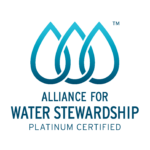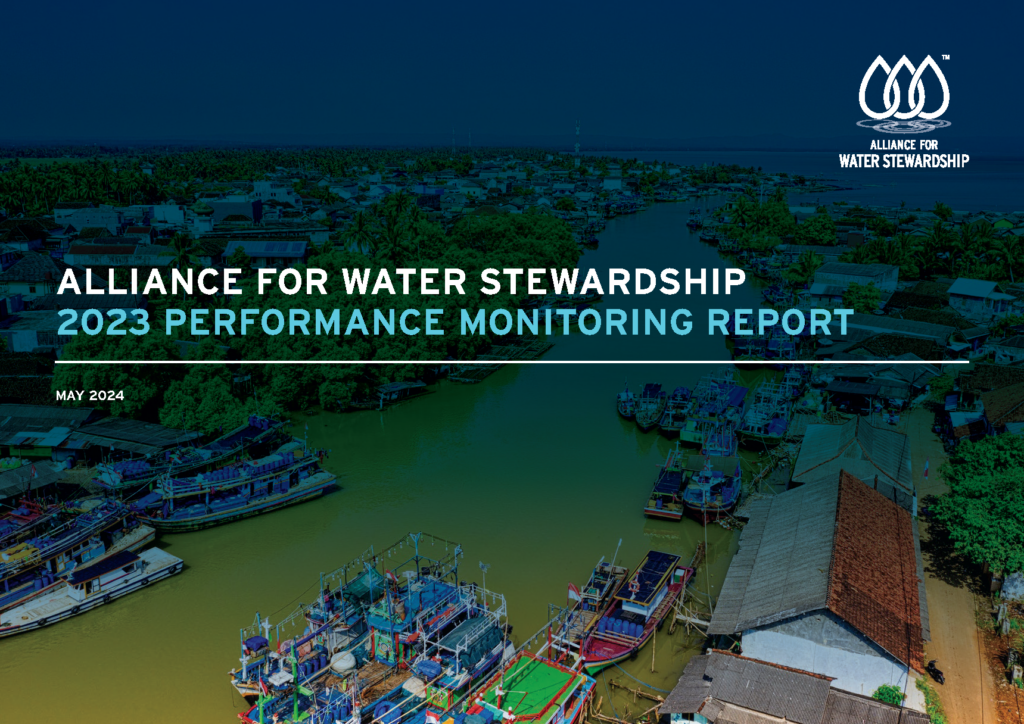The Alliance for Water Stewardship (AWS) is committed to measuring the sustainability efforts of AWS certified entities across site, catchment and organisational levels to evaluate their environmental, social, cultural and economic impacts.

Sites certified against the AWS Standard at core, gold and platinum levels.
Our figures are updated on a quarterly basis. Last updated: 13 June 2025.

Every year, AWS produces a comprehensive assessment of its achievements, learnings and plans for the future.
AWS and other third parties conduct in-depth studies, including outcome and impact evaluations, to better understand the potential and real impacts of the AWS System.
What does good practice mean when it comes to water stewardship? Explore our case studies and publications to learn about real-world examples from sites that have received AWS certification.
If you are interested in getting involved in our research programme or impact evaluation studies, please complete the form below to get in touch with our Knowledge and Learning Coordinator.